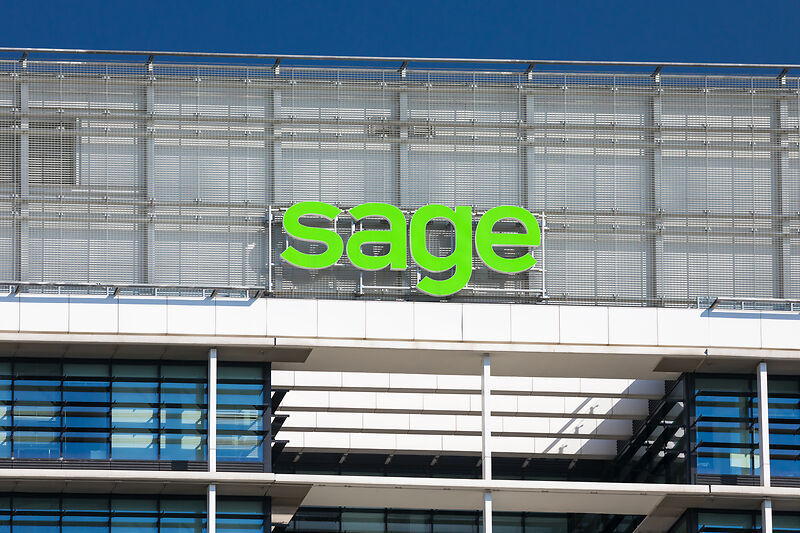In an era dominated by digital interactions and virtual marketplaces, we cannot overstate the significance of brand protection in search marketing. As businesses strive to establish and maintain a distinctive identity in the vast online realm, they face the ever-present challenge of safeguarding their brand from trademark infringements, ad hijackers and other potential brand threats. The convergence of search marketing and brand protection has emerged as a strategic imperative, ensuring not only the integrity of a brand but also its sustained growth and reputation.
The nexus of brand and search marketing
Search marketing, encompassing search engine optimization (SEO) and pay-per-click (PPC) advertising, serves as a digital storefront for businesses, enabling them to connect with their target audience directly at the point of interest. However, this potent tool is also susceptible to misuse by malicious actors seeking to exploit established brands for personal gain. This is where the concept of brand protection becomes paramount.
- Preserving authenticity: Counteracting impersonation
In the digital landscape, impersonation poses a substantial threat to brands. Unauthorized third parties, including competitors and affiliates, may create websites or ads that closely mimic the appearance and messaging of genuine brands, leading unsuspecting consumers astray – and reaping commissions they aren’t entitled to.
By implementing vigilant monitoring and taking swift action against such impersonators, businesses can prevent reputational damage and ensure their customers are not misled.
Search marketing offers opportunities for proactive brand protection by allowing businesses to bid on their own branded keywords. This ensures that when users search for the brand’s name, they are directed to the official website, thereby mitigating the chances of falling victim to counterfeit websites or unauthorized resellers.
2. Defending against ad-hijacking
Counterfeit products erode a brand’s market share and compromise its reputation for quality and authenticity. In search marketing, counterfeiters may bid on keywords related to genuine products, diverting potential customers towards fake alternatives.
Deploying robust brand protection measures involves consistent monitoring of search results and active collaboration with brand protection platforms such as Adthena Ad-Hijacking. By indexing and reporting the hundreds of affiliate networks, advertisers can detect thousands of instances of affiliate ad hijacks. They will provide evidence of the fraud, including the ad screenshot and affiliate ID.
Adthena recently helped one global hotel brand identify 50 reservations during the last two months. They suspended the publisher for seven days and bookings generated during the period have been canceled for commissioning.
The possible budget wastage is substantial. As a benchmark, if 10 publishers are spotted, fraudulent activities can cost close to $10K.
3. Kick out the trademark infringers
Trademark infringement in search refers to the unauthorized use of a registered trademark or brand name in online search advertising, particularly in paid search campaigns. It occurs when a third party uses a registered trademark as a keyword to trigger the display of their own advertisements in search engine results or uses the trademark in the ad copy itself without the permission of the trademark owner.
This practice can lead to confusion among consumers and may divert traffic or customers away from the legitimate trademark owner.
There are two main types of trademark infringement in search:
Keyword trademark infringement: This occurs when a competitor or third party bids on a registered trademark or brand name as a keyword in their paid search campaigns. When users search for that trademark, the infringing ad may appear alongside or above the legitimate search results, potentially leading users to click on an ad not associated with the actual trademark owner.
Ad copy trademark infringement: In this case, a competitor or third party uses the registered trademark in the text of their paid search ad, creating the impression that their products or services are affiliated with or endorsed by the legitimate trademark owner, even when they are not.
It is important for trademark owners to actively monitor their brand’s use in online advertising and report any instances of infringement.
When global software provider Sage added new partners and affiliates, they soon realized they needed to keep close tabs on their partner network and competition.

Brand bidding was a real problem, not just by competitors. Affiliates and partners also used Sage’s branded terms and trademarks in their ad copy, inflating CPCs and stealing impressions that belonged to Sage. Even with agreements to prevent brand bidding by partners and independent software vendors (ISVs), violators were a problem.
Adthena’s Infringement Tracker was put to work, identifying 89K infringements by a single partner alone over 12 months. Five days after enforcing agreements based on Adthena’s monitoring, Sage saw a 75% decrease in CPCs for brand terms and a 33% decrease in partner impression share.
4. Get granular
If there is a market shift, you need to know so that you can take action and protect your position. Whether competitors are changing tactics, entering or leaving your market, or attacking or piggybacking on your brand, adapting your strategy quickly keeps you one step ahead of your competitors.
On a path to growth, Australian retailer Koala Mattresses operated in competitive blindness, unable to understand how competitors’ strategies compromised their search performance and impacted their campaigns.
Adthena’s Smart Monitor helped them counter performance threats, especially during critical sales periods and new product launches, by immediately defending its position when competitors close in on its market share or target its customers. Koala has been able to reduce overall CPA by almost 45% and improve share of impressions on core product terms by 10%.
Forging success: The cornerstone alliance of brand protection and online visibility
In the ever-evolving digital commerce landscape, brand protection in search marketing is an indomitable force that safeguards a brand’s essence and growth potential.
By nurturing authenticity, countering impersonation, combatting counterfeits, and leveraging legal and technological tools, businesses can cultivate an environment where their brand thrives, free from the shackles of misrepresentation and exploitation.
As search marketing continues to shape the digital narrative, the alliance between brand protection and online visibility becomes a cornerstone of success in the modern business landscape.
It’s time to put an end to unprotected paid search
As we explored, when your brand is unprotected in paid search, it’s left wide open to competitors stealing valuable clicks or affiliates hijacking your ads and compromising brand integrity.
Take a three-minute tour of Adthena’s Brand Protection solution and see how you could safeguard your brand. Or for further reading, our Brand Crashers guide reveals five steps to optimize your brand in search.




